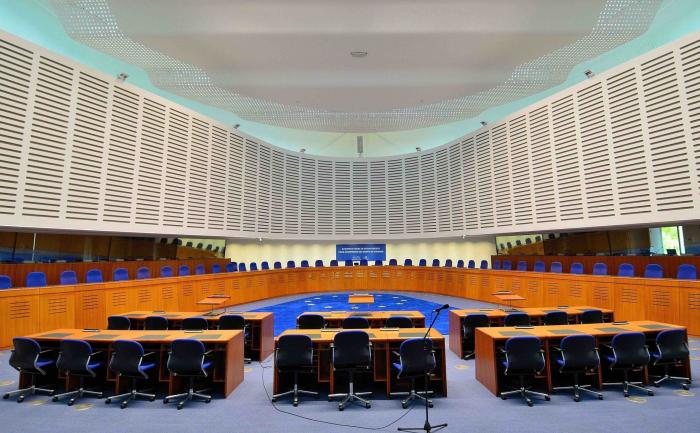10 Human Rights Organisations v. United Kingdom
The Grand Chamber of the European Court of Human Rights issued a landmark ruling that the UK’s mass interception program, first exposed by whistleblower Snowden in 2013, breached people’s rights to privacy and freedom of expression. This case will have an impact not only in the UK but across Europe.
Grand Chamber, European Court of Human Rights
Application No. 24960/15
Status: Closed
In March 2015, Privacy International (PI), together with nine other NGOs, filed an application to the European Court of Human Rights (ECtHR), challenging two aspects of the UK’s surveillance regime revealed by the Snowden disclosures: (1) UK bulk interception of internet traffic transiting undersea fibre optic cables landing in the UK and (2) UK access to the information gathered by the US through its various bulk surveillance programs.
Our co-applicants are the American Civil Liberties Union, Amnesty International, Bytes for All, the Canadian Civil Liberties Association, the Egyptian Initiative for Personal Rights, the Hungarian Civil Liberties Union, the Irish Council for Civil Liberties, the Legal Resources Centre and Liberty. This case was further joined by two other cases.
PI originally brought a legal complaint to the UK Investigatory Powers Tribunal (IPT) in July 2013. Nine other NGOs submitted similar complaints and the IPT joined the cases. In December 2014, the IPT held that both UK bulk interception and UK access to US bulk surveillance were lawful in principle. In February 2015, the IPT determined that the UK access to US bulk surveillance was unlawful prior to the IPT’s December 2014 judgment because the legal framework governing such access was secret. In June 2015, the IPT found that the UK Government had conducted unlawful surveillance on two NGO claimants – Amnesty International and the Legal Resources Centre.
Our application to the ECtHR challenged the IPT’s findings. In particular, we argued that both UK mass interception and UK access to US mass surveillance program violate Articles 8 and 10 of the European Convention on Human Rights, which respectively protect the right to privacy and the right to freedom of expression.
On 13 September 2018, the First Section of the ECtHR ruled that the UK government’s mass interception program violates the rights to privacy and freedom of expression. The Court held that the program “is incapable of keeping the ‘interference’ [with privacy] to what is ‘necessary in a democratic society’”. The First Section, however, did not extend this finding of a violation to the UK’s intelligence sharing regime, and did not condemn mass interception as fundamentally disproportionate.
On 25 May 2021, the Grand Chamber of the ECtHR confirmed that the UK mass surveillance laws breached the rights to privacy and freedom of expression. The ruling went further than the 2018 ruling, by providing for new and stronger safeguards, adding a new requirement of prior independent or judicial authorisation for bulk interception. Authorisation must be meaningful, rigorous and check for proper ‘end-to-end safeguards’.
*Creative Commons licence (CC BY-SA 3.0 PL)


